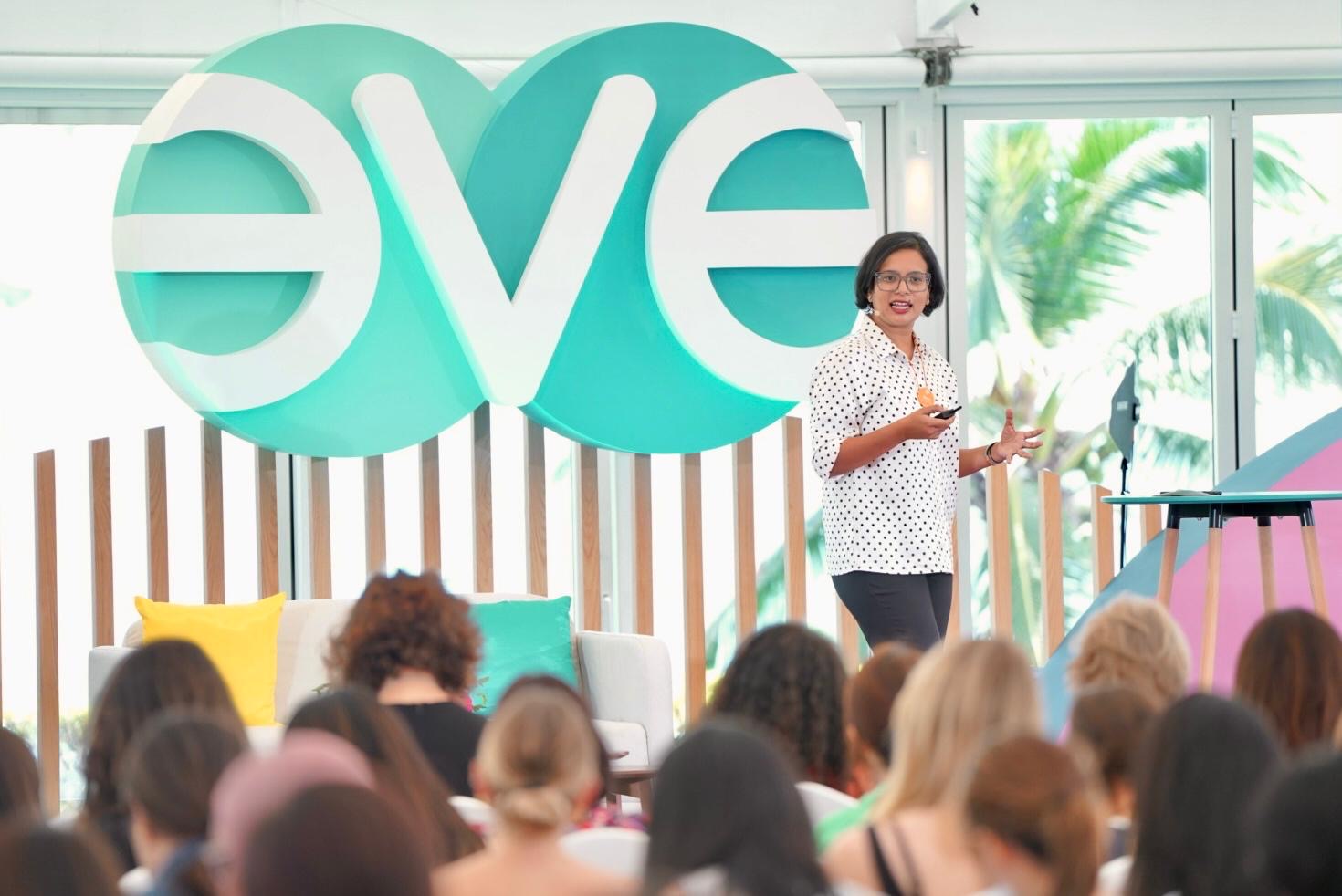Mettre ici le contenu de l’article
The first IFOP barometer on female employees’ mental loads was published at the end of 2024. It reveals that 71% of employed women carry a high personal mental load… And just as many say the same about their professional lives. Let’s take a closer look.
Everything, everywhere, all at once
Women know exactly what we mean by mental load. A striking 97% say they are familiar with the concept. For 52%, it means “constantly having to think of everything, all the time, for everyone.” The 14% most affected describe “a sense of being overwhelmed, of not being able to keep up.”
Housewife, manager, or both
The mental load typically takes the form of responsibilities tied to homelife and family business: household chores, childcare management or dealing with ailing parents, budgeting, and so on. Even when they don’t perform every task themselves, many women still feel accountable for ensuring things are done properly. Two thirds of women effectively “manage” their households, while one third say this responsibility is shared equally with a partner. Interestingly, that ratio flips to 47% among women who manage teams of five or more at work. In other words, the more managerial their professional role, the more likely their domestic responsibilities are shared.
The hidden weight at work
That’s all very well, but there another layer to all this. The professional mental load. This time, 71% of women say they find the burden too heavy. The professional mental load is all the invisible, often unacknowledged labor that holds the workplace together. A multitude of initiatives: onboarding new team members, organizing leaving parties, comforting colleagues, explaining unwritten rules, smoothing over tensions. In short, creating a sense of community. It’s known as “glue work”, and women are doing the lion’s share of it.
Just 3% of men take on this role alone, compared to 53% of women. Yet despite being essential to team cohesion, communication and retention, glue work is often undervalued, or worse, unrecognized. According to researchers Linda Babcock, Maria P. Recalde & Lise Vesterlund this transposition of traditionally “feminine” domestic roles in the workplace can actually damage women’s careers.
Career consequences and health costs
There’s no question that mental load affects women’s professional lives. 52% believe that it interferes with their workday (lack of concentration, time management difficulties, loss of productivity, etc.) and 22% feel that it holds them back from progressing in their careers, they miss out on opportunities, are perceived as less available by management, or seen as reluctant to take on more responsibility.
The mental burden also weighs on relationships. 18% of women cite tensions with their partners and 10% feel their availability for their children is significantly impacted. And then comes the guilt spiral: constantly thinking about others, especially loved ones, can sometimes make them harder to bear. Because sometimes, it’s just too much!
And when that happens, women’s health pays the price. A massive 87% of those surveyed believe that their mental load, whether personal or professional, affects their physical and/or mental health. Chronic fatigue or outright exhaustion is the first symptom, then come sleep disorders, difficulty switching off, anxiety, digestive issues, headaches, etc. And in 14% of cases, symptoms of depression can set in.
How can we lighten the mental load for women?
The women surveyed acknowledged that part of the answer lies with them. 81% said that they need to reclaim time for themselves, and 70% said they plan to lower the bar when it comes to household chores. But many also call for more widespread societal and organizational change.
At home, that means more equal sharing of household responsibilities and more open conversations. Making the mental load more visible so it can be shared.
At work it means accepting that the boundaries between workplace responsibilities and family life are porous (67% of respondents). That also means talking freely about workload, expectations, and different forms of effort are recognized and rewarded.
Marie Donzel, for the EVE web magazine
C’est le nom du film qui a gagné un Oscar en 2024, mais ça fonctionne aussi ici.






